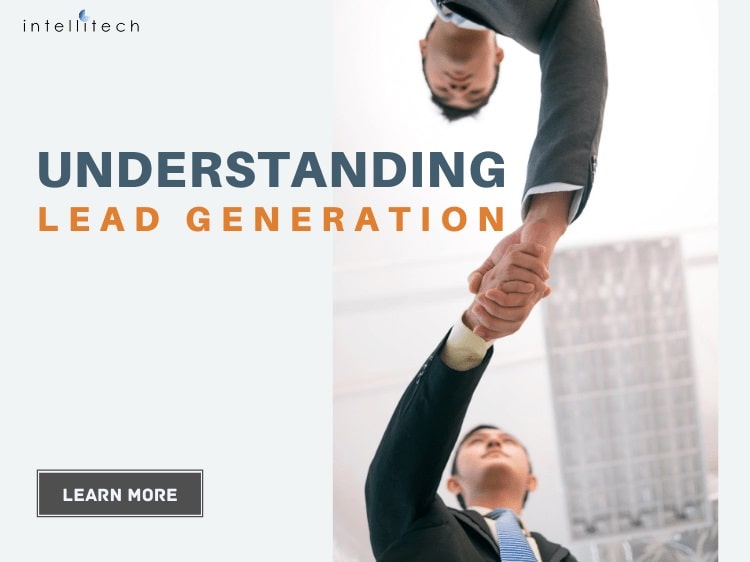In order to optimize lead generation one needs to have a comprehensive understanding of the functioning of B2B lead generation. It is therefore necessary to thoroughly understand all the components that make up the process of led gen and the different stages that define it.
So what exactly does one need to know about lead generation and how you can plan a successful lead generation program for optimal results?
Understanding lead generation:
Lead generation is a process of capturing the prospects’ interest in a service or product that allows companies to develop a sales pipeline and nurture the lead until eventually the lead is ready to buy the service or product. Useful for all types of businesses; what one essentially needs to do is to set up a campaign with the objective of creating heightened brand awareness, build long term relationships through nurturing, generate qualified or good leads that have the potential to convert, and finally covert the leads into business.
While setting up any lead generation program, different aspects need to be taken into account. Here are some major components that you can consider while planning a lead generation campaign:
Defining leads:
This is one of the most crucial steps to building any successful lead generation program. Every business may have different definitions of a good lead as per their type of business. However, a lead an be more or less defined as a prospect that is showing signs of buying behavior or is warming up to the buying process. Different companies try to seek different leads as per their products and services, but necessarily pursue prospects that have shown some kind of interest or an inclination toward buying. Once the lead is defined; it is then followed by the process of segmentation with the support of demographics, firmographics, and BANT.
MQL & SQL:
It is important that you consider building or defining a road map that includes both inbound and outbound marketing techniques depending upon the type of business you have. But most importantly; any lead generation campaign objectives should align with the objectives of sales. If both, the marketing and sales team are on the same page; it leads to more cohesive efforts towards generating leads. This is exactly where the MQL (Marketing Qualified Lead) and SQL (Sales Qualified Lead) comes into picture. When marketing and sales teams agree on these two aspects it makes lead generation efforts more successful in terms of time, efforts and results.
Scoring and Nurturing:
One must focus on the middle of the funnel leads by nurturing the leads. This is an important step in lead generation that can be best done with scoring methodology. Many companies choose to focus more on the top of the funnel leads while ignoring the middle-of-the-funnel leads; those that can actually be readied for a purchase and reduce the sales cycle.
Analysis and Measuring:
This is a crucial stage in any lead generation campaign because analyzing and measuring the results can often highlight the shortcomings of any campaign. It can also show what’s working well, so that you further enhance it in your future campaigns. Testing is a good way to assess whether you are in the right direction.
Conclusion:
A lead generation strategy is a comprehensive and collective effort made up of components and generating a lead is just the beginning. Several companies deploy different strategies at different stages of the campaign. For example, data is extremely crucial and valuable for better results. Well-treated and cleansed data is most useful for effective lead generation and so is a content drive strategy that is used in nurturing the lead at every stage till it finally converts.
A competitive market and information overload is making it increasingly difficult for B2B companies to find the right people, the right buyers and target them to leverage their lead generation campaigns. Hence going to back to the basics of lead generation and redefining your strategies can help achieve better results.
If you are curious to know more about Lead Generation and also its mechanics, click here to read our next blog 'How right mechanics can help you convert more leads'

